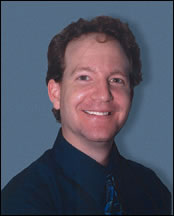
Support authors and subscribe to content
This is premium stuff. Subscribe to read the entire article.
Login if you have purchased

This is premium stuff. Subscribe to read the entire article.
A study to identify risk factors for reamputation in patients within six months following an initial lower-limb amputation procedure found...
Read more
© 2024 The O&P EDGE